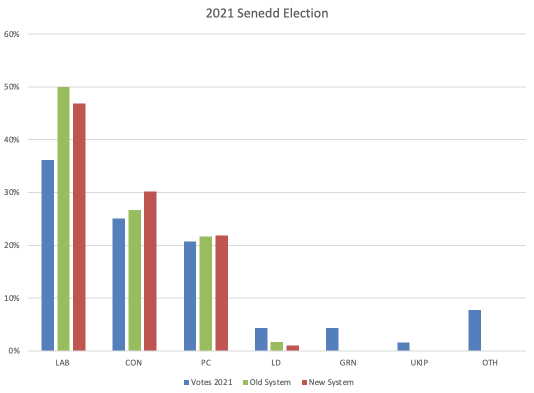The facts:
The evidence is overwhelming that legislatures elected under Proportional Representation look more like the countries they represent than those elected under First Past the Post.
Age: According to a report by the Inter-Parliamentary Union, parliaments elected under Proportional Representation had twice the number of members under-30 as those elected under First Past the Post, and were on average 2.1 years younger. The reason which they attributed this to were safe seats:
“In first-past-the-post systems, younger candidates are sometimes selected for ‘unwinnable’ constituency seats, where the party stands little to no chance of victory. Some young MPs characterize this variously as a ‘training exercise’, a ‘test of mettle’ or a ‘try-out’. They therefore stand less chance of being elected than their older, more established fellow party members.”
Gender: Every country where more than 40% of their elected representatives are women uses a form of Proportional Representation. A report by the Inter-Parliamentary Union also found that, in 2021, 29.4% of candidates elected in proportional systems were women, in comparison to 26.8% of candidates in majoritarian systems.
Ethnic minorities: There is little compelling research yet on the impact on electoral systems and the representation of ethnic minorities. However, two-party systems have an inherent bias towards less diverse candidate fields, and First Past the Post has typically favoured these two-party systems (Milazzo, Moser, and Scheiner, 2018).
The evidence also shows that PR systems in the UK encourage greater diversity of candidates. In 2019, the Labour Party only selected 6 BAME candidates in its top 99 target seats, while 26 percent of its candidates for the European Parliamentary elections of the same year came from a BAME background.




























